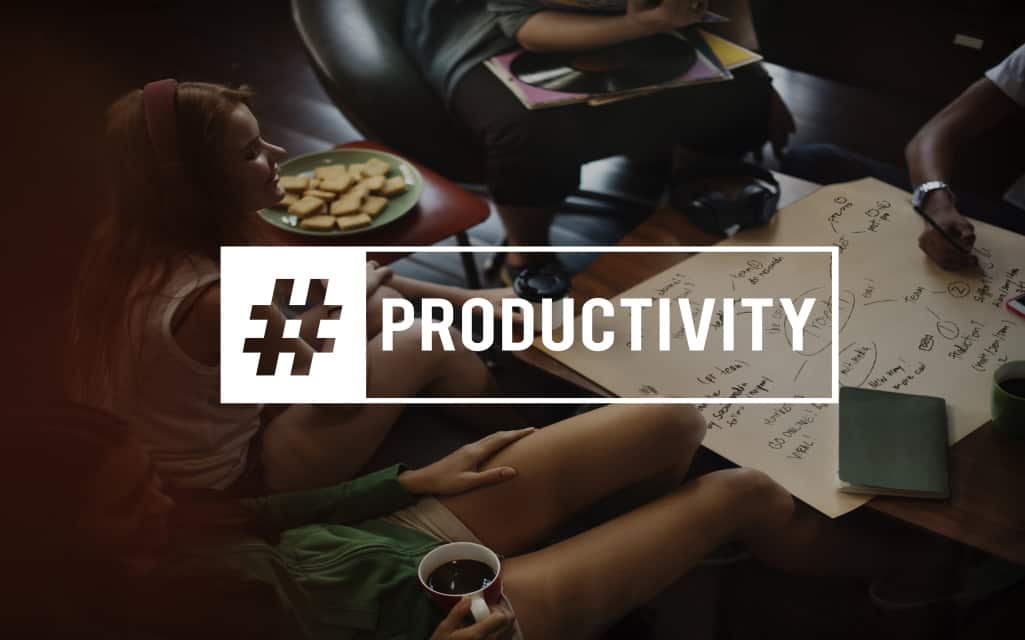The way we live, constantly connected to our phones, email, and other devices, should mean we’re always a peak level of productivity, but that’s often not the reality.
Our busy, connected modern lives may be causing us a slew of problems and diminishing our productivity.
When our attention is divided, it can be dangerous—for example, distracted driving is one of the leading causes of car accidents. Divided attention or not being present is bad for our health and our relationships and it can hold us back in our careers and from achieving our goals.
A big part of being productive this year should come from moving away from the concept of multi-tasking.
Multi-tasking or having our attention be scattered from one place to the other is diminishing productivity in big ways.
The following are some things to keep in mind to make 2021 the year you up your productivity in a big way.
Stop Multitasking
This was touched on above, but one of the best ways to improve your productivity almost immediately is to stop multitasking. Multitasking is overrated.
Multitasking might look like texting while you’re walking, talking on the phone while you’re driving, or sending emails while you’re in meetings.
You’re doing yourself a disservice, however.
There’s a scientific basis to cut out multitasking.
Your brain is not wired for it. You only have so much “space” in your brain and when you’re switching back and forth you’re wasting productivity. Multi-tasking is just slowing you down because each task is going to require a certain approach and mindset, and so once you start, stay there until you’re finished with that particular task.
Unplug Consistently
Your phone is one of the biggest productivity-killers in your life.
When you can, unplug from it.
Maybe you don’t use it first thing in the morning or right before you go to bed, or perhaps you put it away when you’re working on your tasks for the day that requires the most concentration.
Break your mind away from the repetitive cycle of checking your phone, and you’ll see improvements in your ability to stay focused on tasks.
If you have to have your phone on while you’re at work, there are things you can do to make it less distracting. For example, turn off your social media notifications, and turn the sounds off, so you’re not compulsively checking your email.
Set An Intention Before Doing Anything
Whether it’s work or something you’re doing at home, you should set an intention before you start any new tasks.
This makes you mindful as you move from one task to the next and can set you on a track of focused intention.
Even before you have downtime, set an intention that you are going to relax and be in the moment of whatever it is you’re doing.
In general, focus on one goal at a time, even if it’s a small, simple goal.
Plan a New Week at the End of Each Completed Week
Every Friday, or Sunday depending on your schedule, sit down and plan out the upcoming week. Do an honest assessment of what you completed during the current week, and structure your next week based on what you need to accomplish.
Cut Down on Your To-Do List
There is nothing more frustrating than having a to-do list and barely getting any of it done. It’s demoralizing, and it can negatively affect your productivity.
The thing is, though, many of us make our to-do lists much too long.
You need to cut your list way down—maybe in half.
A to-do list is not about all those wishful thinking tasks you’d like to complete. It’s about giving yourself a guide for the most important things you need to get done. Your focus needs to be on accomplishing what matters most if you want to improve your productivity.
Rest When You’re Tired
Trying to fight through when you’re feeling mentally or physically fatigued is not the best option. It’s going to make you slower, you may have brain fog and you’re going to end up getting less done or your work may be of lower quality.
If you’re feeling tired, take a break. Maybe that means a 15-minute nap or just sitting down and relaxing.
Also, use your weekends wisely. Make this a time where you really do leave work behind and do things that you enjoy.
Learn Your Work Patterns
Everyone has different ways of working that are best for them. Try to learn what yours are so you can maximize your natural rhythms. For example, maybe morning is your most productive time. If so, use your mornings to do the things that require the most focus and high-level thinking.
Save the part of the day when you start to feel more of a slump for repetitive tasks or administrative work.



